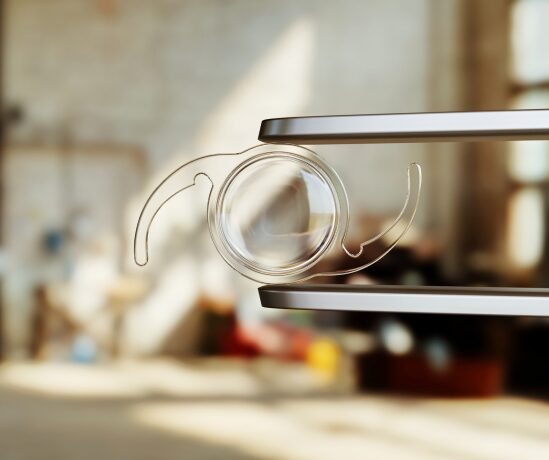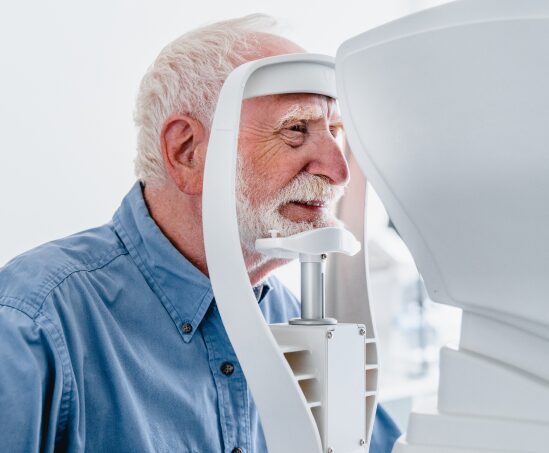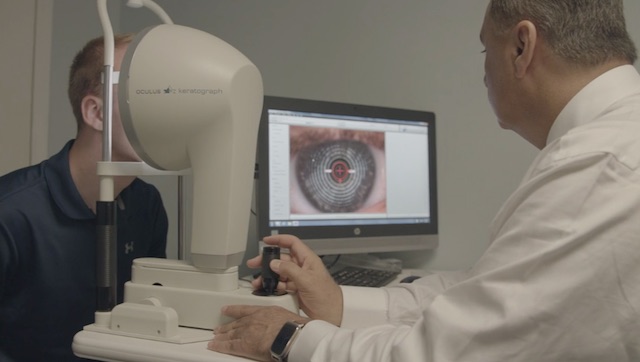




FREQUENTLY ASKED QUESTIONS
What happens after cataract surgery?
What can I expect from my cataract evaluation?
Our cataract surgery staff will schedule an assessment to determine if surgery is required. If the cataract has clouded to the point that you cannot read street signs, struggle to drive at night, or cannot continue your favorite hobbies, then you’re likely a good candidate. The evaluation is extremely thorough and conducted with the latest imaging technology. Based on your test results and lifestyle, the cataract surgeon will provide you with your options — including the ocular implant that best fits your needs. Once you’ve selected your choice, we’ll schedule your surgery.
How are cataracts treated?
Early treatments are non-invasive and include glasses, bifocals, or exposure to stronger lighting conditions. More serious cases require cataract surgery — it’s important to know that cataract surgery is a common, pain-free procedure with extremely high success rates. It can also adjust for astigmatism — a condition that occurs when the round shape of the eye elongates, looking more like a football — by using an intraocular lens implant. Using state-of-the-art modern tech like the AcrySof® IQ PanOptix® Trifocal Lens, we can correct your short distance, intermediate, far distance issues and astigmatism with a single lens.
What if I have cataracts and glaucoma?
If you’re suffering from Glaucoma and Cataracts and are preparing for cataract surgery, the iStent inject® may be the right fit for you. The iStent inject® can be inserted during cataract surgery to help successfully manage intraocular pressure.
What is a trifocal lens?
What causes cataracts?
I think I have cataracts, but I don’t know for sure. How do I find out?
If you suspect you may have cataracts, you are probably right. Cataracts appear as a soft cloudiness in your vision. If you’re concerned, you should schedule an appointment with your eye doctor immediately. You want your eye doctor to test your eyes so they can measure progression and help you better manage the condition.
If I have cataracts, am I going to lose my vision?
What are my treatment options?
Depending on the level of severity, you may be prescribed specialty eyeglasses. We may also suggest brighter lighting in your home or office. However, surgery is the typical option for more severe cases. Cataract surgery involves removing the affected lens and replacing it with an artificial one. The procedure is extremely effective and pain-free. Our physicians will discuss potential options with you based on your exam results.





